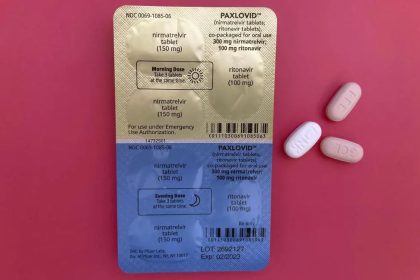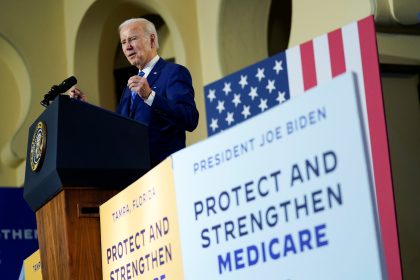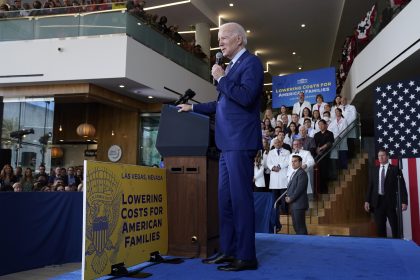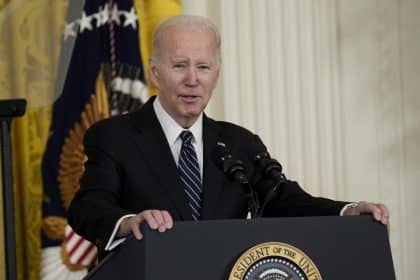Reps. Schneider, McKinley Support Legislation to Prevent Cuts to Hospital Payments
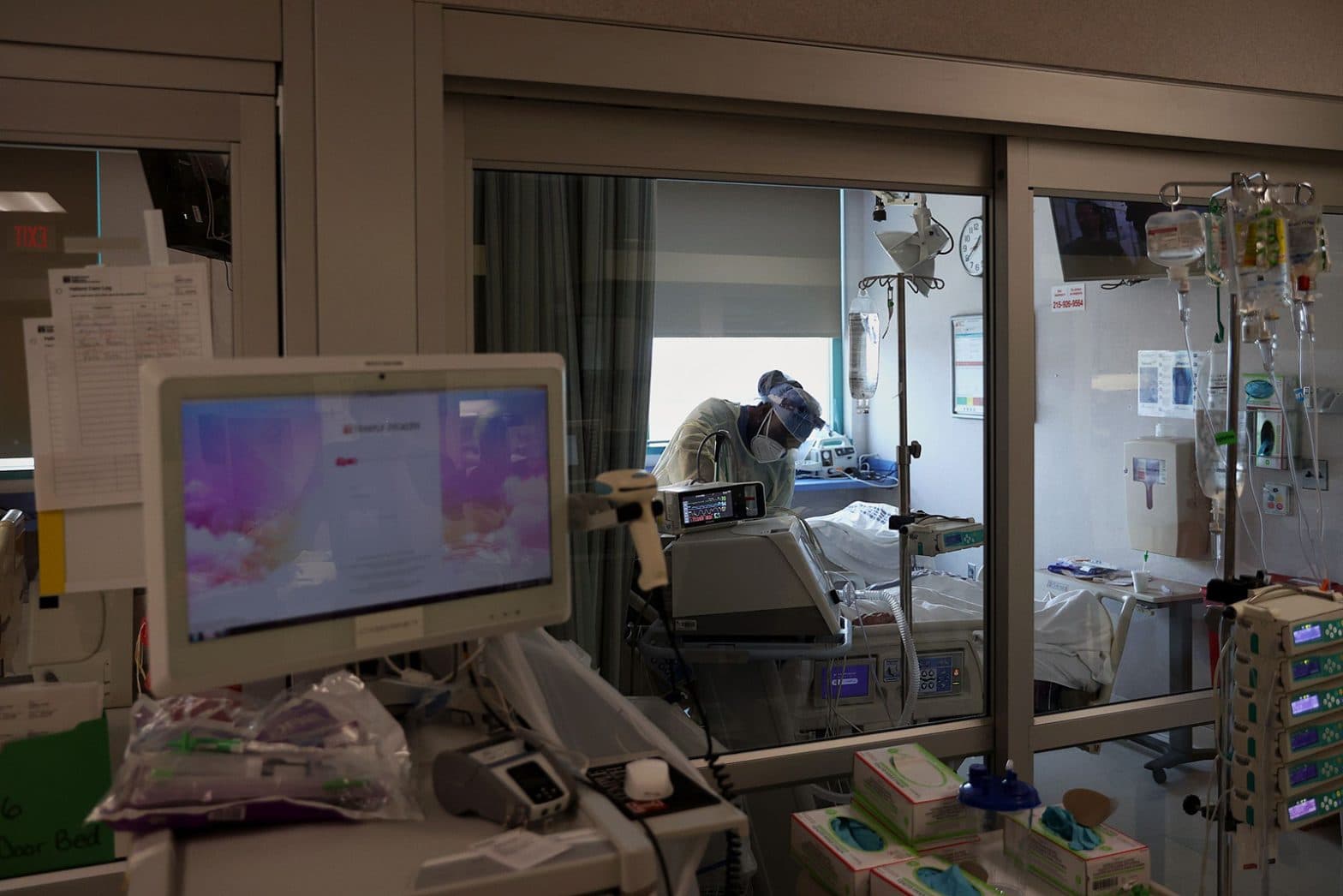
WASHINGTON — Rep. Brad Schneider, D-Ill., and Rep. David McKinley, R-W. Va., introduced bipartisan legislation to prevent cuts to hospital payments through the duration of the COVID public health emergency.
The Medicare Sequester COVID Moratorium Act would delay the Medicare sequester through the duration of the public health emergency, ensuring that providers can stay focused on treating and eradicating COVID-19.
Since 2011, Medicare payments have been subject to a 2% reduction, known as the Medicare sequester. Congress delayed the Medicare sequester through December 31, 2020 in the CARES Act.
Unfortunately, the pandemic has not waned and providers now again face revenue cuts when hospital operating margins are down an estimated 18.7%, according to a report released last week by the consulting group Kaufman Hall.
“COVID-19 cases continue to spike across the country. The dramatic growth in cases across the country means continued stress on our frontline health providers. Our hospitals are reporting devastating staffing shortages, overloaded ICUs, and diminishing supplies of personal protective equipment. Our health care professionals report growing burnout and hospitals are experiencing decreased revenue as more are forced to stop elective procedures. Now is not the time to reinstitute across the board cuts to our providers,” Schneider said.
“At a time when health care workers are on the front lines battling the COVID-19 pandemic, Congress should be doing everything within their power to ease their burden,” said McKinley. “America’s health care providers continue to be stretched thin and face serious financial challenges as a result of the economic and public health crisis. Suspending Medicare reimbursement cuts will allow hospitals and doctors to keep their doors open and continue providing critical care to their patients.”
The bill has also received support from the following organizations: American Hospital Association, Federation of American Hospitals, American Medical Association, America’s Essential Hospitals, Association of American Medical Colleges, Illinois Hospital Association, American Physical Therapy Association, National Hospice and Palliative Care Organization, Large Urology Group Practice Association, Digestive Health Physicians Association, Infusion Providers Alliance, LeadingAge, Visiting Nurse Associations of America/ElevatingHOME, and American Academy of Dermatology Association.



















